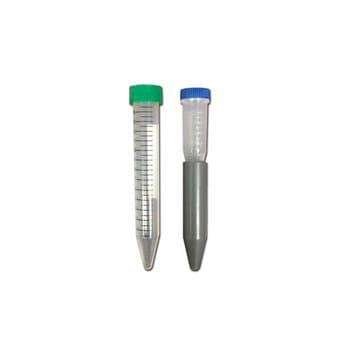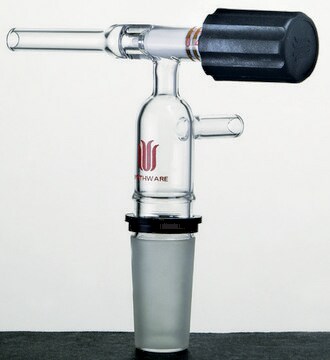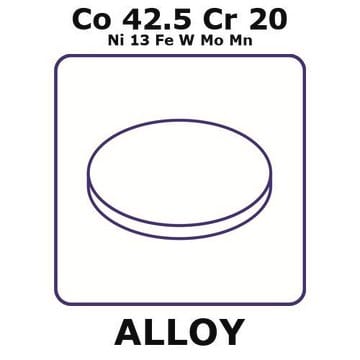GF04041403
Palladium
wire reel, 1m, diameter 0.05mm, as drawn, 99.9%
Synonym(s):
Palladium, PD005116
Sign Into View Organizational & Contract Pricing
All Photos(2)
About This Item
Linear Formula:
Pd
CAS Number:
Molecular Weight:
106.42
MDL number:
UNSPSC Code:
12141733
PubChem Substance ID:
NACRES:
NA.23
Recommended Products
Assay
99.90%
form
wire
manufacturer/tradename
Goodfellow 040-414-03
resistivity
9.96 μΩ-cm, 20°C
L × diam.
1 m × 0.05 mm
bp
2970 °C (lit.)
mp
1554 °C (lit.)
density
12.02 g/cm3 (lit.)
SMILES string
[Pd]
InChI
1S/Pd
InChI key
KDLHZDBZIXYQEI-UHFFFAOYSA-N
Looking for similar products? Visit Product Comparison Guide
General description
For updated SDS information please visit www.goodfellow.com.
Legal Information
Product of Goodfellow
Storage Class Code
13 - Non Combustible Solids
WGK
nwg
Flash Point(F)
Not applicable
Flash Point(C)
Not applicable
Choose from one of the most recent versions:
Certificates of Analysis (COA)
Lot/Batch Number
Sorry, we don't have COAs for this product available online at this time.
If you need assistance, please contact Customer Support.
Already Own This Product?
Find documentation for the products that you have recently purchased in the Document Library.
Palladium(II)-catalyzed alkene functionalization via nucleopalladation: stereochemical pathways and enantioselective catalytic applications.
Richard I McDonald et al.
Chemical reviews, 111(4), 2981-3019 (2011-03-25)
Pazhamalai Anbarasan et al.
Chemical Society reviews, 40(10), 5049-5067 (2011-04-30)
The palladium-catalyzed cyanation of Ar-X (X = I, Br, Cl, OTf, and H) allows for an efficient access towards benzonitriles. After its discovery in 1973 and following significant improvements in recent decades, this methodology has become nowadays the most popular
Qing-An Chen et al.
Chemical Society reviews, 42(2), 497-511 (2012-11-10)
The transition metal catalyzed asymmetric hydrogenation of unsaturated compounds arguably presents one of the most attractive methods for the synthesis of chiral compounds. Over the last few decades, Pd has gradually grown up as a new and popular metal catalyst
Abdellatif Essoumhi et al.
Journal of nanoscience and nanotechnology, 14(2), 2012-2023 (2014-04-23)
This review reports on the recent advances in the synthesis and physico-chemical properties of palladium-containing perovskites. Initially, the perovskite structure is briefly reviewed, then palladium-containing perovskites synthesis and physico-chemical properties are detailed. The applications of palladium-containing perovskites in catalysis; namely
Xiao-Feng Wu et al.
ChemSusChem, 6(2), 229-241 (2013-01-12)
Palladium-catalyzed coupling reactions have become a powerful tool for advanced organic synthesis. This type of reaction is of significant value for the preparation of pharmaceuticals, agrochemicals, as well as advanced materials. Both, academic as well as industrial laboratories continuously investigate
Our team of scientists has experience in all areas of research including Life Science, Material Science, Chemical Synthesis, Chromatography, Analytical and many others.
Contact Technical Service




